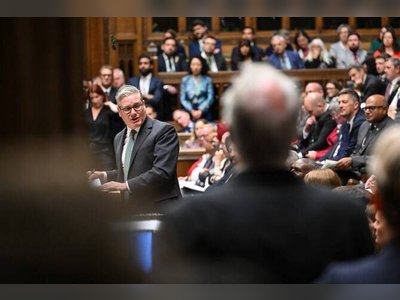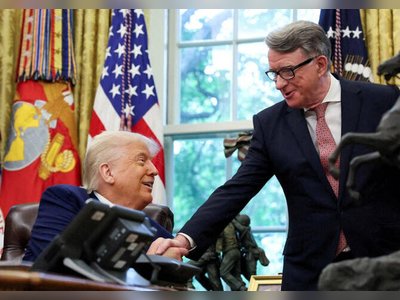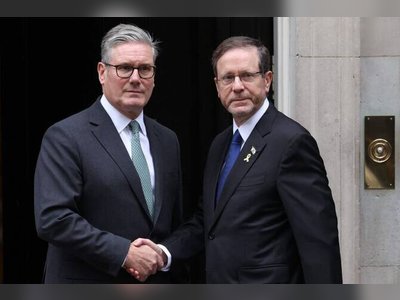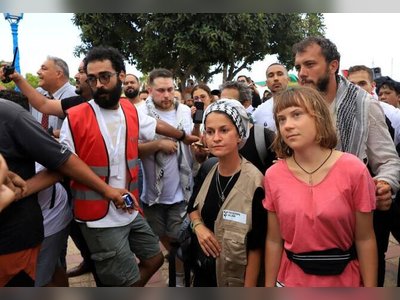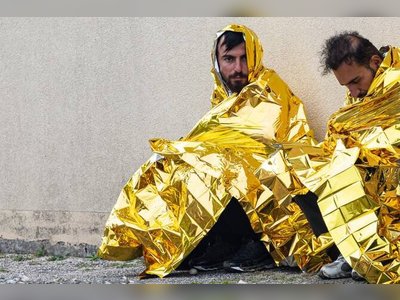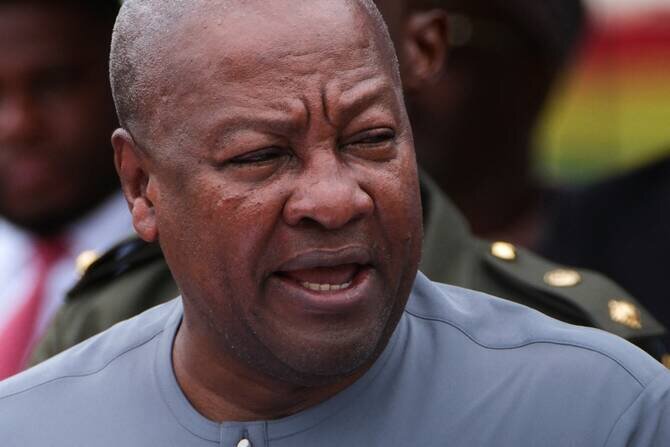
Ghana Accepts West Africans Deported from the United States
Ghanaian President John Mahama confirms agreement to accept nationals from west Africa, amid ongoing US deportation policies.
Ghana has agreed to accept individuals from west Africa who are being deported from the United States, according to Ghanaian President John Mahama.
This development comes amidst U.S. President Donald Trump's immigration policies that often involve deporting undocumented immigrants to countries they have never lived in.
Mahama stated that Ghana has entered into an agreement with the U.S., allowing west African nationals to be accepted for removal from the country.
A first batch of 14 individuals, including several Nigerians who later returned to their home countries, and one individual from The Gambia, have already arrived in Ghana.
Despite recent anti-Nigerian protests in Ghana, calling for the expulsion of Nigerian immigrants due to concerns over rising crime rates, prostitution, and economic competition, no timeline was provided for when the return of Nigerians took place.
This agreement comes during a period where the U.S. has imposed higher tariffs on Ghanaian goods and restricted visas for Ghanaian nationals.
President Mahama characterized the relationship between Ghana and the U.S. as 'tightening,' though he maintained that relations remain positive.
Nigeria, however, has resisted accepting third-party deportees from the U.S., citing pressure and recent tariff threats related to their unwillingness to accept deported individuals.
The United States, under President Trump's administration, has implemented an unprecedented approach to deportation, sending hundreds of individuals to countries such as Panama and El Salvador.
Some were deported before they could have their asylum applications processed.
The U.S. has also invoked a law from the 18th century to deport people accused of being Venezuelan gang members, despite court orders to turn back planes carrying them.
South Sudan, a war-torn country, has also received individuals subject to deportation.
This move by Ghana stands as an example of the complex and often contentious nature of international immigration policies and agreements, particularly in the context of rising global tensions.
This development comes amidst U.S. President Donald Trump's immigration policies that often involve deporting undocumented immigrants to countries they have never lived in.
Mahama stated that Ghana has entered into an agreement with the U.S., allowing west African nationals to be accepted for removal from the country.
A first batch of 14 individuals, including several Nigerians who later returned to their home countries, and one individual from The Gambia, have already arrived in Ghana.
Despite recent anti-Nigerian protests in Ghana, calling for the expulsion of Nigerian immigrants due to concerns over rising crime rates, prostitution, and economic competition, no timeline was provided for when the return of Nigerians took place.
This agreement comes during a period where the U.S. has imposed higher tariffs on Ghanaian goods and restricted visas for Ghanaian nationals.
President Mahama characterized the relationship between Ghana and the U.S. as 'tightening,' though he maintained that relations remain positive.
Nigeria, however, has resisted accepting third-party deportees from the U.S., citing pressure and recent tariff threats related to their unwillingness to accept deported individuals.
The United States, under President Trump's administration, has implemented an unprecedented approach to deportation, sending hundreds of individuals to countries such as Panama and El Salvador.
Some were deported before they could have their asylum applications processed.
The U.S. has also invoked a law from the 18th century to deport people accused of being Venezuelan gang members, despite court orders to turn back planes carrying them.
South Sudan, a war-torn country, has also received individuals subject to deportation.
This move by Ghana stands as an example of the complex and often contentious nature of international immigration policies and agreements, particularly in the context of rising global tensions.


